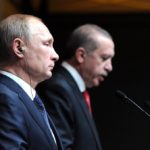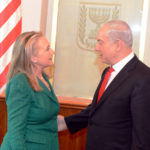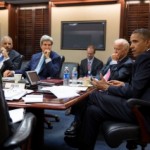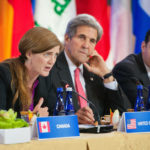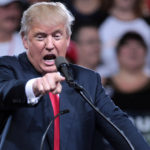Exclusive: Charles Lane and other Washington Post editorialists defend neocon and neoliberal orthodoxies by demonizing foreign leaders who step out of line and now by making fun of Bernie Sanders for buying a summer home, writes Robert Parry.
Category: The Bush-43 Administration
Trump and the Long History of Media Bias
Exclusive: The mainstream U.S. news media insists that its bias against Donald Trump is an aberration justified by his extraordinary recklessness, but the truth is U.S. media bias has a long history, says longtime journalist Robert Parry.
How a Question’s Phrasing Hobbles Third Parties
By asking Americans who they expect to vote for rather than who they want to be President, pollsters skew the numbers in favor of major-party candidates and help exclude third-party challengers from crucial debates, notes Sam Husseini.

